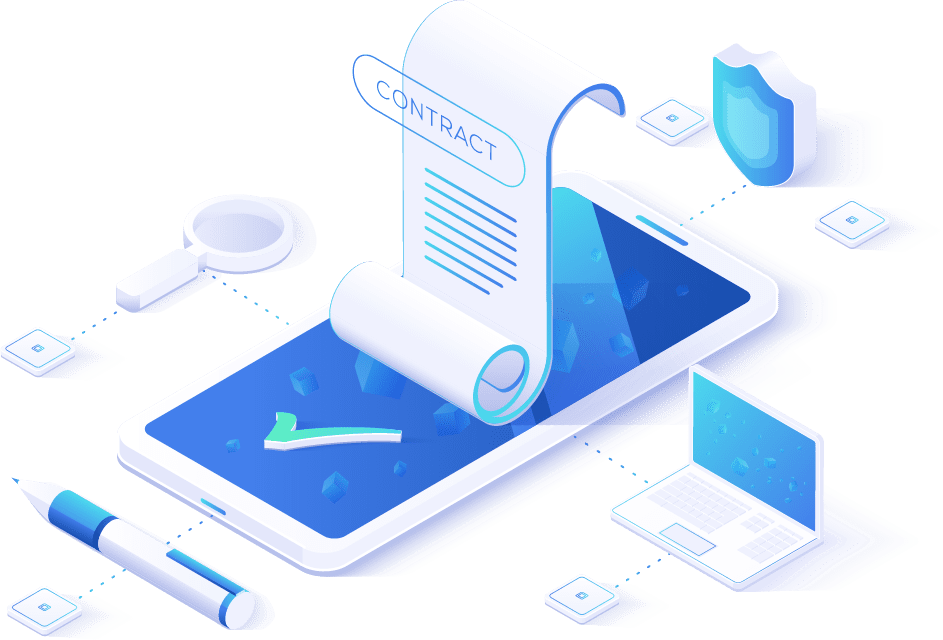
Our SEO services are designed to optimize your website, improve organic traffic, and drive business growth.
We employ proven strategies, including keyword research, on-page and off-page optimization, and content enhancement to enhance your website’s search engine performance. Let our experienced team of SEO experts help you achieve sustainable success.
Effective on-page optimization involves a careful balance between integrating keywords, enhancing user experience, and following SEO best practices to improve a webpage's visibility and relevance in search engine results.
If you want your webpage to gain more visibility and relevance in search engine results, on-page optimization is key. The three most important things to keep in mind are: integrating keywords, enhancing user experience and following SEO best practices. Finding the right balance between the three can really make a difference. Don't worry, we are here to help you every step of the way!
The primary objective of off-page SEO is to build a strong and credible digital footprint, signaling to search engines that a website is valuable, trustworthy, and relevant to specific topics or keywords. This is achieved through various tactics, including link building, social media engagement, influencer partnerships, content promotion, brand mentions, and public relations activities.
Our team performs regular SEO audits to assess the overall health of the website. Monitor website performance, analyze organic traffic patterns, track keyword rankings, and evaluate the impact of SEO efforts using tools like Google Analytics and SEO-specific softwares.
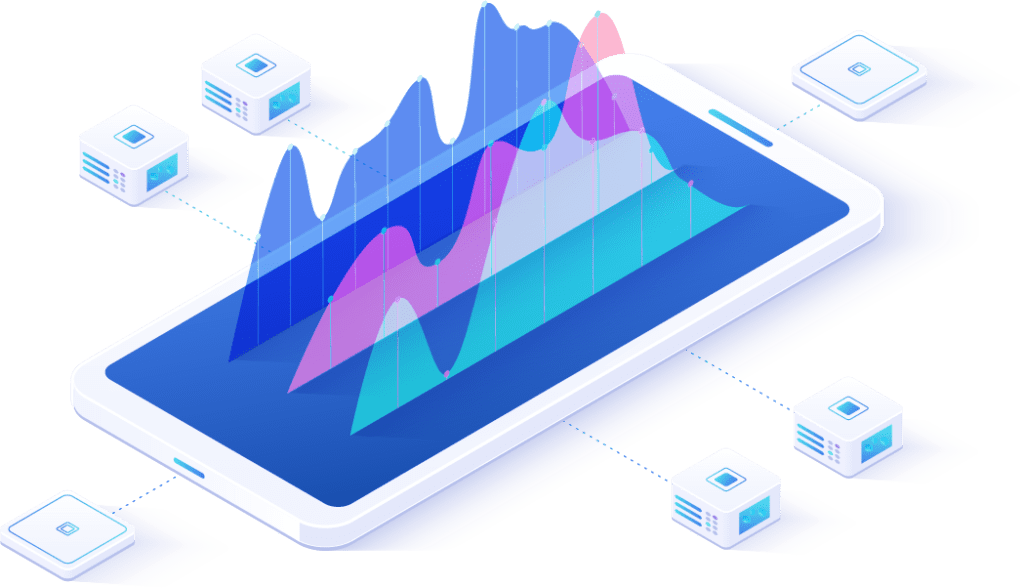
Allow us to assist you in achieving your online visibility goals and taking your business to new heights.

A well-crafted meta title and description can entice users to click through to your website from the search results and properly optimized meta tags can help search engines understand the content and context of the page, improving its ranking for those keywords.
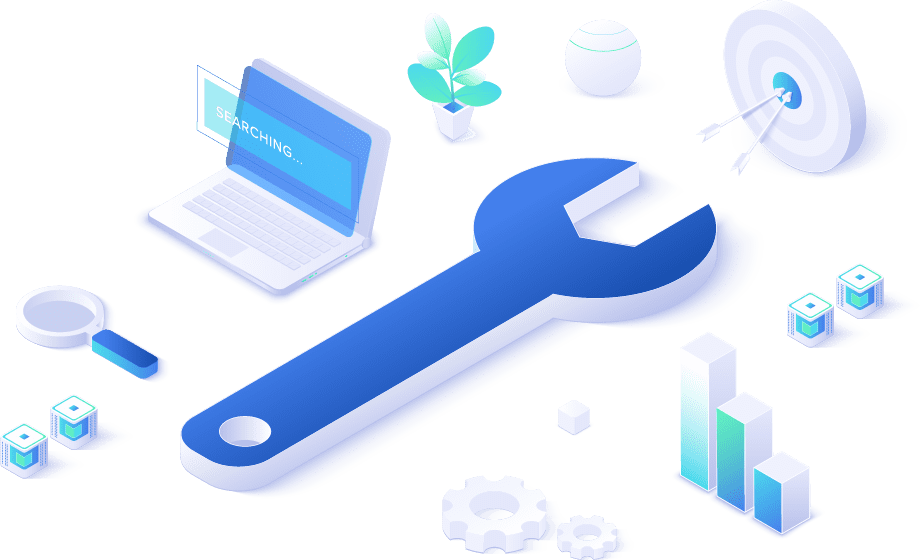
Creating high-quality, valuable content that meets the needs and interests of your target audience. Address their pain points, provide solutions, and engage them effectively. Ensuring content is well-researched, accurate, and up-to-date, positioning you as an authoritative source in your industry.

Header tags are important because search engines use them to understand the content's hierarchy and relevance to specific search queries. The H1 tag, in particular, carries significant weight in signaling the primary topic of the page to search engines.

Enhancing the overall user experience by ensuring fast page load times, easy navigation, and mobile responsiveness. Improving readability by using legible fonts, appropriate font sizes, and sufficient white space.
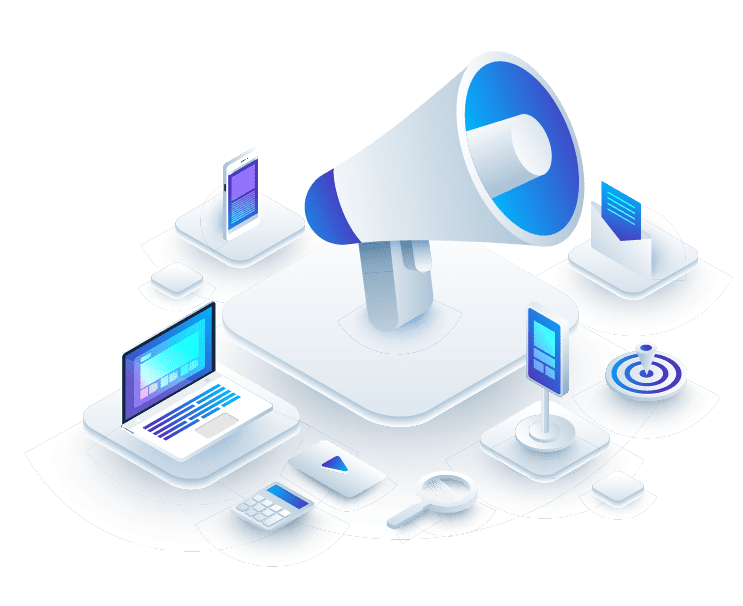
Optimizing URLs to be descriptive, concise, and including relevant keywords. A well-structured URL provides both search engines and users with a clear indication of the page's content. Avoiding complex URLs with unnecessary parameters or symbols. Use hyphens to separate words for readability.

Implementing schema markup, also known as structured data, to provide search engines with additional context about the content on your page. This can enhance the display of your snippet in search results.

Descriptive alt text to images using relevant keywords.
Alt text improves accessibility for visually impaired users and provides additional context to search engines.
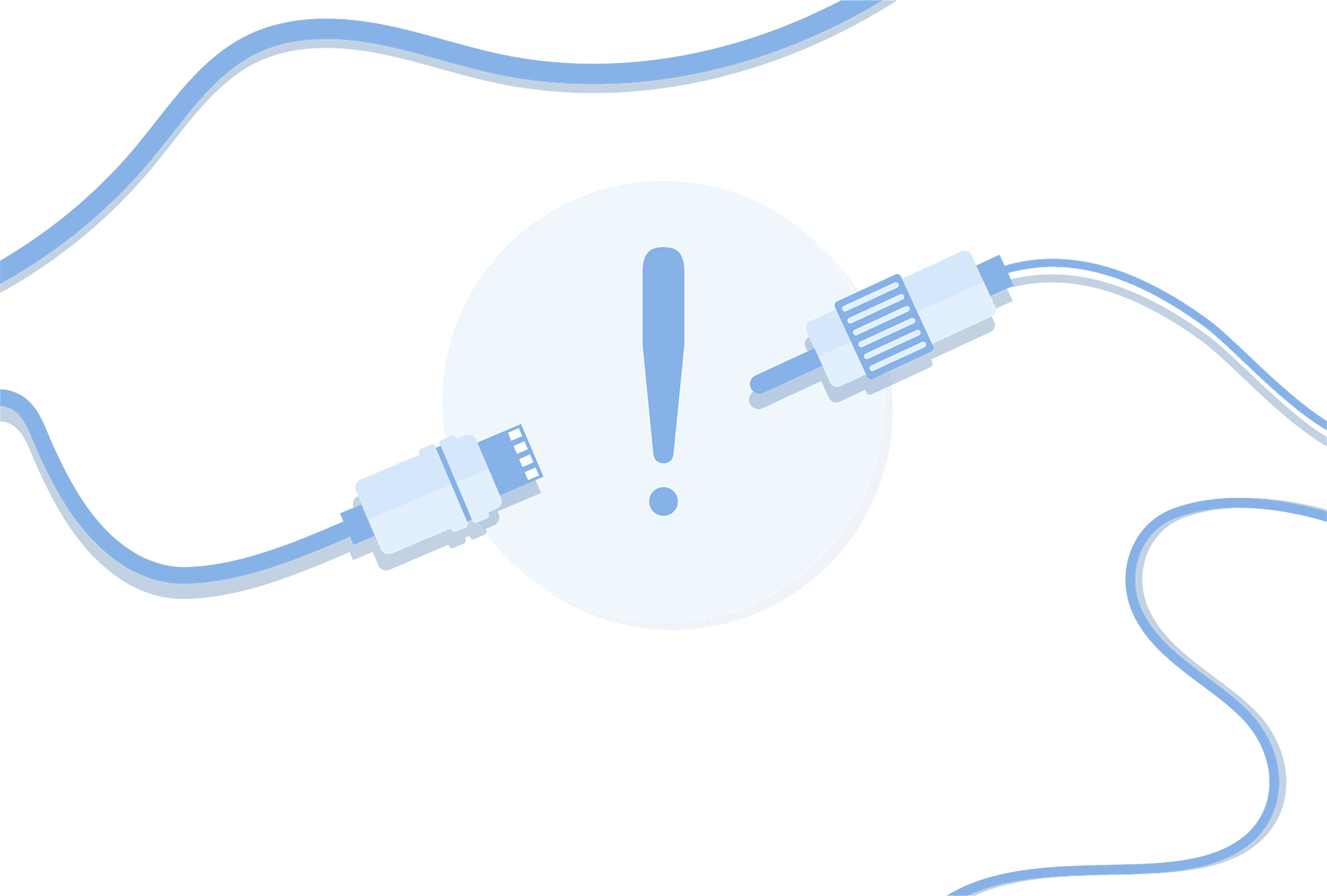
Targeted outreach to bloggers, journalists, and website owners to promote your content.
Offer your content as a resource or solution to their audience, encouraging them to share or link to your content.
Build relationships with industry-related websites and influencers to increase the likelihood of them mentioning or linking to your content in their articles or blog posts.

Optimize page loading times to enhance user experience and improve search rankings. Compress images, leverage browser caching, and minimize HTTP requests.

Ensure search engine bots can easily crawl and index website pages. Create and submit a sitemap to search engines, facilitating better indexing.

Secure the website with HTTPS to encrypt data and enhance user trust. Google considers HTTPS as a ranking signal, impacting SEO positively.

Regular technical SEO audits to identify and fix issues affecting website performance and search rankings. Continuously monitor website health, indexability, and technical metrics using various SEO tools.

Integrating targeted keywords naturally throughout the content, including in the introduction, headings, body, and conclusion.

Acquiring high-quality backlinks from authoritative and relevant websites to improve a site's link profile and boost its authority in search engine algorithms.

Ensure the website is mobile-friendly and provides an excellent user experience on smartphones and tablets. Utilize responsive design to adapt to various screen sizes and devices.

Use SEO-friendly URLs that are descriptive and include relevant keywords.

Optimize for local searches by providing accurate (Name, Address, Phone number) information across all platforms. Utilize local structured data markup to enhance local search visibility.

Design an intuitive and organized site structure to facilitate easy navigation for both users and search engines. Utilize breadcrumb navigation to enhance user experience and help search engines understand page relationships.
If you’re wondering whether your website is living up to its full potential in the digital world, we’ve got just the thing for you.
Our team will conduct a complete SEO audit that will give you the answers and insights you need to take your online presence to the next level. And who doesn’t want that? So let’s work together and make sure you’re doing everything you can to rank well on search engines like Google. Reach out to us today!

If you’re interested in taking your website to the next level, partner with our SEO agency today and let us help you achieve the results you’re looking for!
© 2025 SEO Geek Agency. All rights reserved.

Boost your rankings with expert insights!